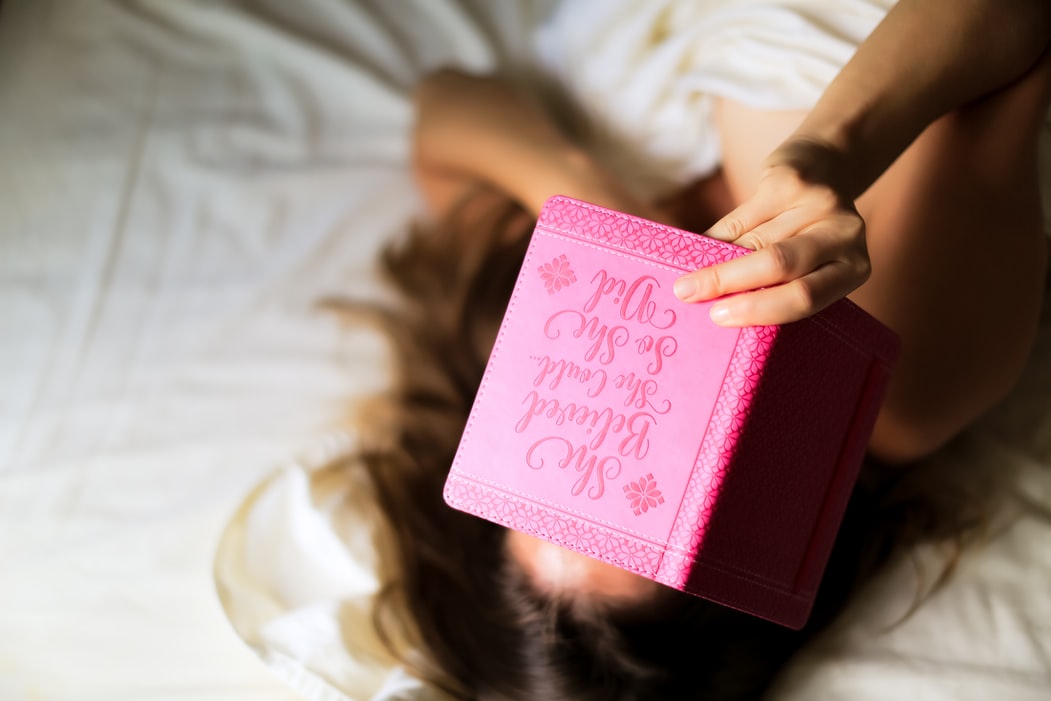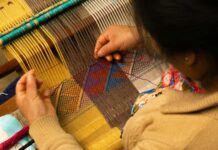 I was recently in a store looking for a new pair of shoes. As an Enneagram 2, I made sure to position myself so that any passerby could walk between me and the shoes, but also allowed enough room for others to look as well. Within seconds, a lady bulldozed me — literally almost knocked me down. I immediately looked up and apologized. As she walked by without apologizing, I realized I was apologizing for my mere existence. The moment I apologized, I was saying to her “I am sorry for being on this earth.” I had as much of a right standing there as she did walking around me. Afterwards, I got in my car baffled. I sat for a few minutes and reflected on the situation. Why did I say “I am sorry” to her? I positioned myself with plenty of room for others and I tried to stay out of everyone’s way. That’s when it hit me: I have to stop apologizing for things that aren’t my fault and for how I feel. It belittles me and also diminishes the apology.
I was recently in a store looking for a new pair of shoes. As an Enneagram 2, I made sure to position myself so that any passerby could walk between me and the shoes, but also allowed enough room for others to look as well. Within seconds, a lady bulldozed me — literally almost knocked me down. I immediately looked up and apologized. As she walked by without apologizing, I realized I was apologizing for my mere existence. The moment I apologized, I was saying to her “I am sorry for being on this earth.” I had as much of a right standing there as she did walking around me. Afterwards, I got in my car baffled. I sat for a few minutes and reflected on the situation. Why did I say “I am sorry” to her? I positioned myself with plenty of room for others and I tried to stay out of everyone’s way. That’s when it hit me: I have to stop apologizing for things that aren’t my fault and for how I feel. It belittles me and also diminishes the apology.
From that day forward, I quit apologizing for the little things.
As a chronic apologizer this wasn’t easy. I literally googled “synonyms for ‘I’m sorry.'” I knew this was an addiction I couldn’t quit cold turkey and needed a little help. I tried “pardon me” as I walked by people, but I felt like a character from Downton Abbey and it didn’t feel right. I once said to a friend, “I beg your pardon” and she laughed so hard I knew that wasn’t the phrase for me. It didn’t help that I accidentally added an English accent. When I was at dinner with some friends and couldn’t hear the conversation they were having, I knew I couldn’t apologize for not having echolocation so I tried saying, “excuse me.” That did not go over well. Everyone stopped what they were doing and I was asked what was so wrong with avocado toast. Avocado toast isn’t my thing, but I didn’t hate it enough to stop a table of nine women from eating. I quickly realized “excuse me” wasn’t the answer either. I also feel like it came off a little rude. To my mother’s dismay, I discovered “my bad.” Keep in mind I am a 29-year-old high school teacher. “My bad” may not fit with every personality type, but this saying is for me and I am not sorry about it. When I say “my bad” to my family it lets them know that I acknowledge my wrongdoings, but doesn’t devalue the “I’m sorry” when it needs to be said. If I am late to a family function, I don’t roll in on two wheels, child half dressed, diaper bag unzipped, and food in my hair, yelling “my bad.”
I decided that in many, if not most, situations I would acknowledge where I had failed instead. In those situations I may thank them for waiting on me or thank them for being understanding. Am I truly sorry it took me three days to respond to a text message? Instead, I thanked them for being understanding. I had actually forgotten to reply and by the time I realized I forgot to text back, it was three days later.
This journey hasn’t been easy and I still slip up from time to time. Just like any addiction, the first step is honesty. This journey has also taught me that my feelings matter and how I feel is just as important as how someone else feels. The greatest thing about being an adult is that you have your thoughts and I have mine. We do not have to agree on everything and we can coexist happily on this earth. I also didn’t expect when I stopped saying “I am sorry” that I would suddenly have a sense of empowerment.



















